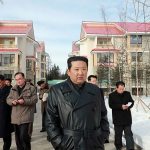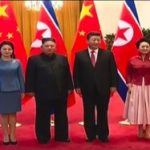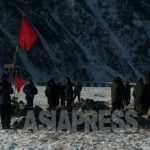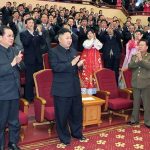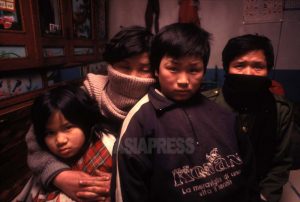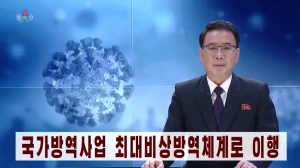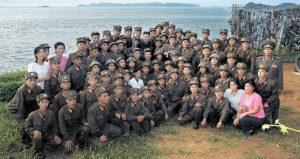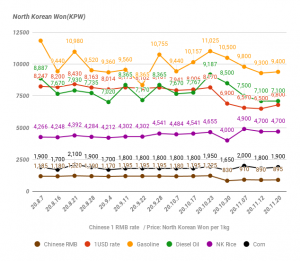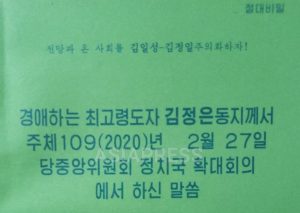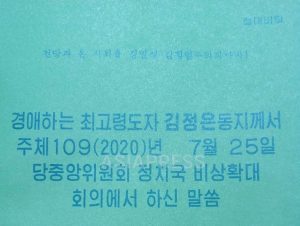◆Increase in inter-Korean exchanges followed by 'adverse effects'
Reporting of inter-Korean exchanges, including sporting exchanges, in international media has somewhat improved North Korea's reputation. This has helped, perhaps temporarily, to relieve concerns about North Korea’s nuclear capabilities and human rights violations.
Meanwhile, the Kim Jong-un regime is well aware that the increase in exchanges between the two Koreas could result in serious adverse effects back home. As a safeguard against this, at the beginning of the inter-Korean dialogue, the regime initiated a campaign for the 'struggle against non-socialist phenomena'. In addition, in March 2018, shortly after the end of the Pyeongchang Olympic Games, proclamations of crackdowns on "non-socialist phenomena" were issued throughout the country.
North Koreans who were caught listening to South Korean music or watching South Korean dramas were arrested in droves. People with jeans, miniskirts, shirts with English writing, piercings, dyed hair, and men with long hair were subject to the nationwide crackdowns. There were also cases where people had their hair cut forcibly with scissors on the streets, according to multiple reporting partners. This was a preventive measure, guarding against the threat of South Korea’s cultural influence spreading in North Korea.
◆North Korea remains wary of South Korean influence
After the inter-Korean summit was held in April last year in Panmunjom, expectations for economic aid and investment from South Korea grew rapidly among North Korean residents. At the same time, an increasing number of people began to openly express their admiration for the freedom enjoyed in South Korea and for South Korean President Moon Jae-in. A woman in her forties in the northern area said, "We also want to elect a president. It’s strange that only members of a single family are involved in politics."
In 2019, I began to hear more news about arrested citizens receiving heavy sentences and being transferred to correctional labor camps (prisons). A reporting partner in Hoeryong City, North Hamkyung Province, said on January 28, “A person who secretly sold a copy of a South Korean drama was put on trial and sentenced to 12 years in prison. It has become normal for a person to be sent to a correctional labor camp for watching one or two episodes of a South Korean drama. The number of people who watch them have greatly decreased due to fear of punishment.”
ASIAPRESS contacts its North Korean reporting partners using smuggled Chinese phones. Chinese phone coverage extends several kilometers across the border, which makes phone calls and text messaging possible. As such, the use of Chinese mobile phones has become a nuisance for the authorities. There have been many cases where residents were caught and sent to labor camps as punishment for calling family members who defected to South Korea.
These strict measures are meant as a firm warning against the spread of South Korean culture and information. For the North Korean dictatorship, inter-Korean conciliation and exchange can only take place if internal control is strengthened. This is the sad reality.
 Editor’s notes on North Korean reporters
Editor’s notes on North Korean reporters
ALL REPORTS >>>
ARCHIVE(pdf) >>
DPRK MAP >>

